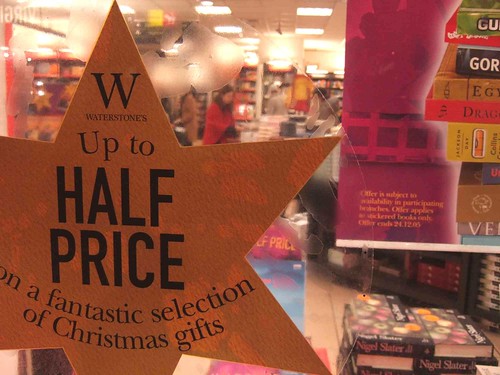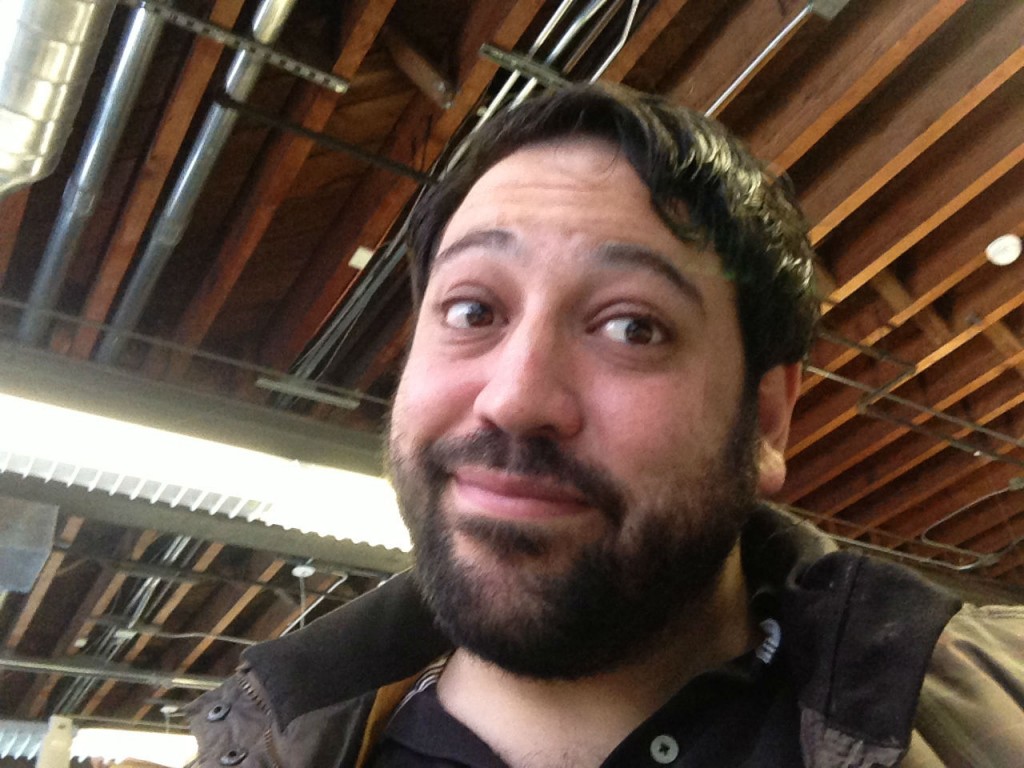How much does a book cost? What’s the value of a book? Obvious as it sounds, those are two separate questions—but as Kassia Krozser points out on her lit blog Booksquare, they’re often conflated by readers and publishers alike:
The publisher sold readers a book they knew was not very good. Yes, the publisher had to know. Someone on the editorial staff (presumably) read the book. Someone with (presumably) enough discernment to realize the book was crap. Someone who should have had the guts to say to the author that the book didn’t pass muster. You know, instead of foisting bad stuff on readers. […]
So much for the gatekeeping function of publishers. Is it any wonder that readers are confused? How are we supposed to discern value when we cannot trust publishers to perform the most basic duty of vetting books for quality?
One solution, according to Krozser? Focused publishers.
The truth is, as readers, we have no idea how good a book is when we purchase it, nor can we guess at the quality of what we get, generally, until we read the entire work. Yes, there are publishers (hello, Unbridled Books) who have a tight, focused list that reflects a consistent point-of-view while publishing a diverse list. I love it when I can trust a publisher. I feel the same away about Harlequin. It’s a compliment to both publishers. Readers may not love every book published by these houses, but they know there is a certain focus they can trust. Very few large publishers offer this kinda, sorta guarantee.
Another reason to love smaller, indie publishers…




